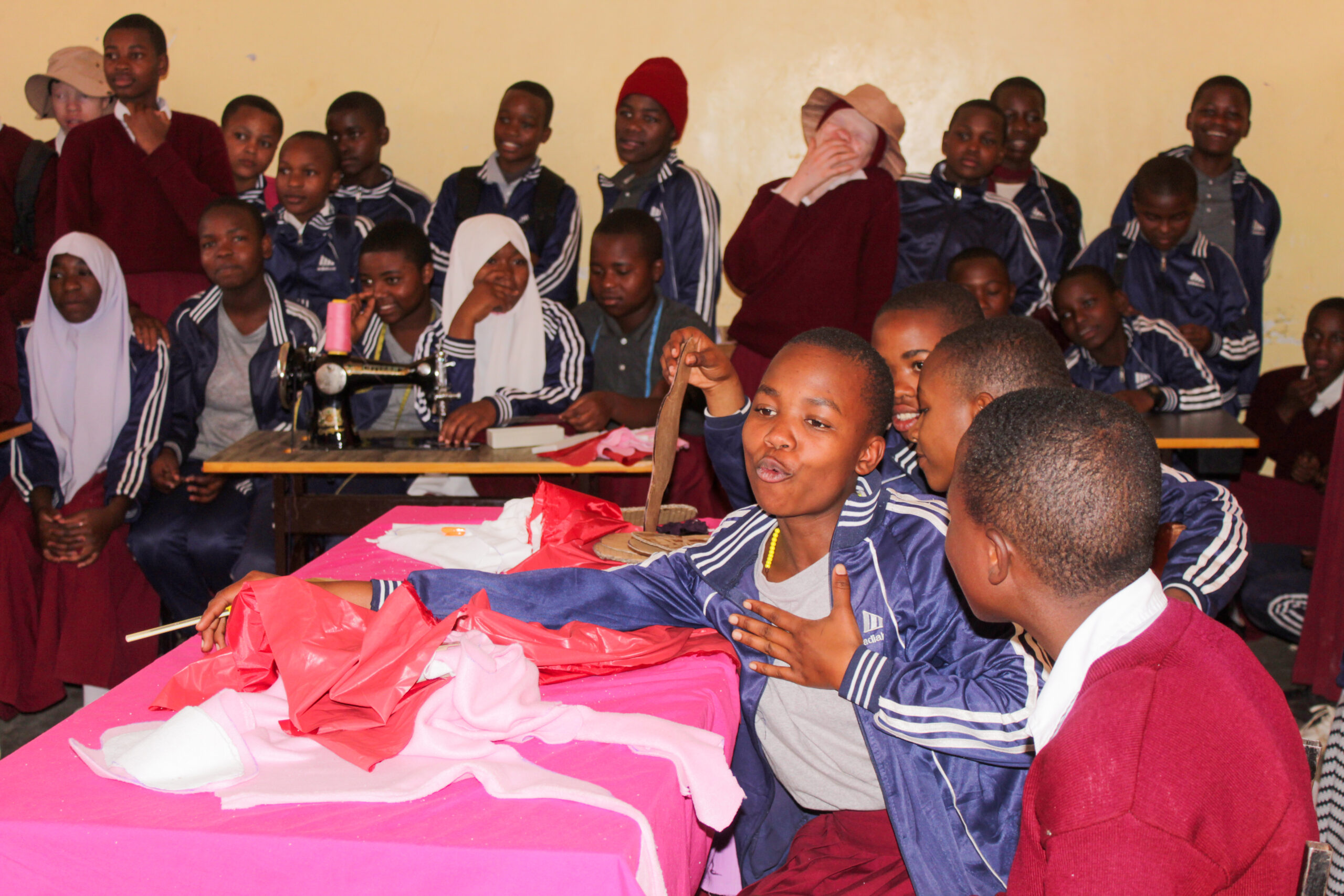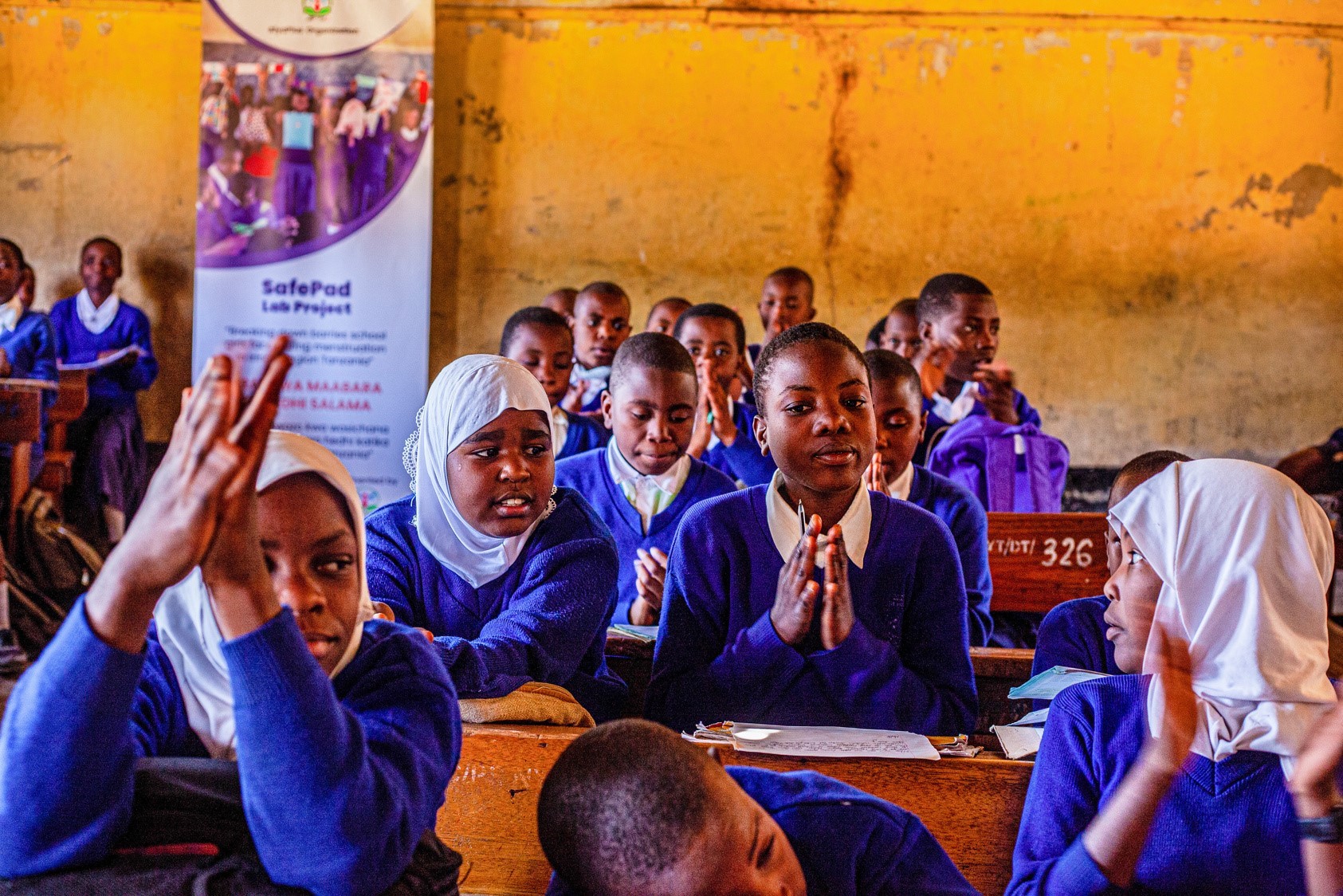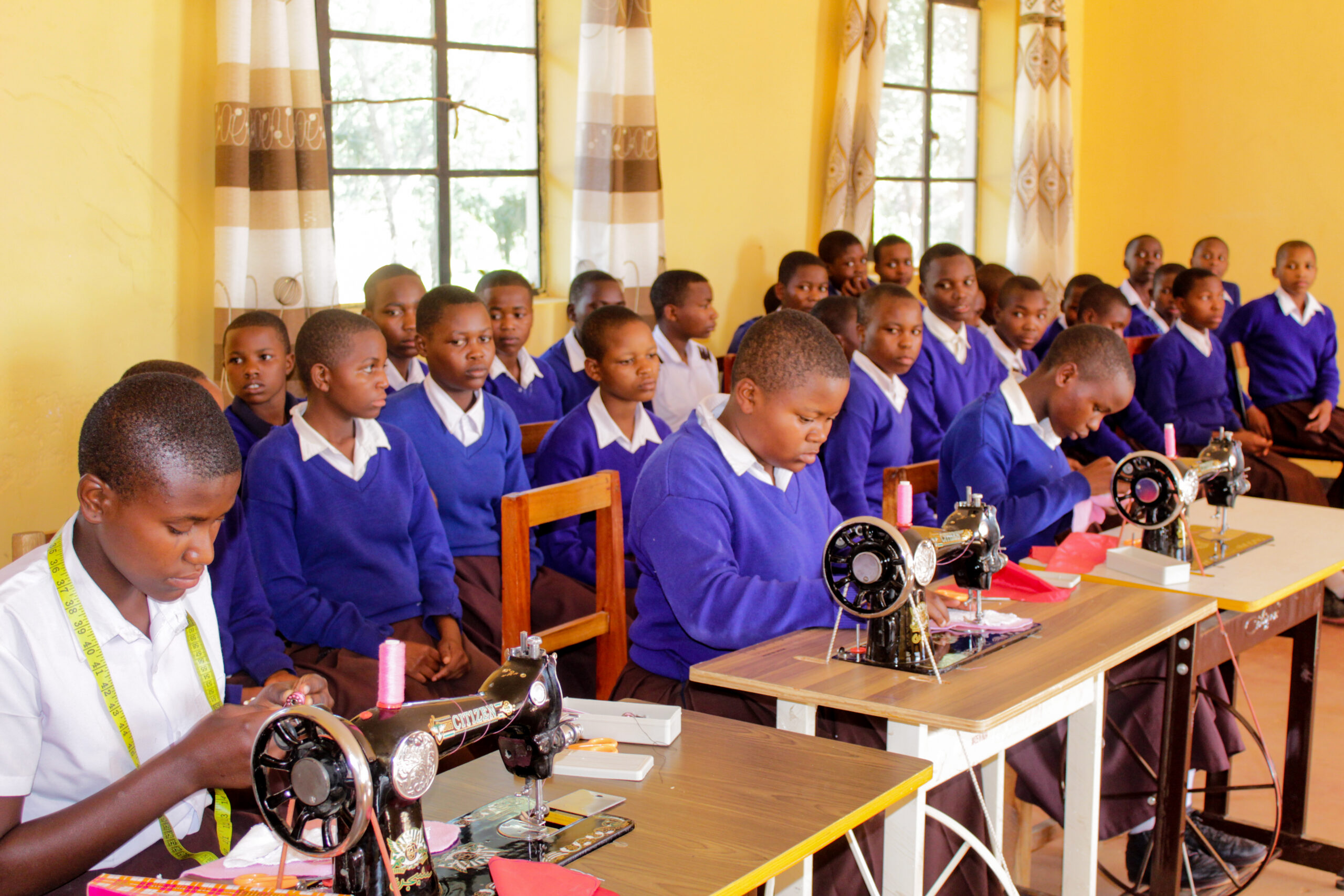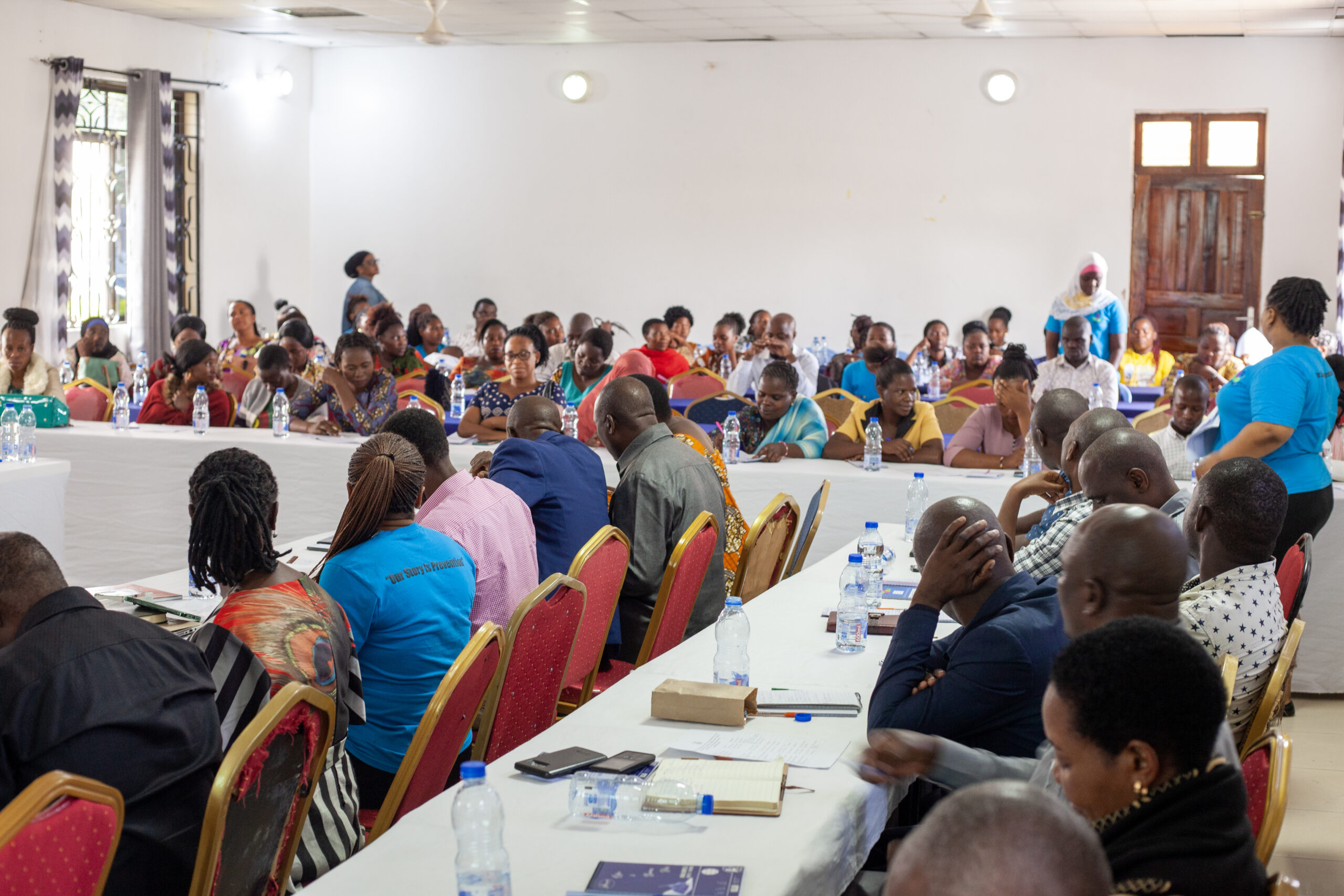SAFE PAD LAB PROJECT
The Safe Pad Lab Project is the three (3) years project funded by the Malala Fund which is strategically set to contribute to the Sustainable Development Goals (SDG 4 and 6) by supporting the education journey of adolescent girls who are both in primary and secondary schools in Iringa Region. The project came to fight traditions, taboos, myths, misconceptions, and negative cultural attitudes and beliefs on menstruation. Menstrual health has persistently been overlooked and neglected by various social programs and has mostly been a subject of cultural, social, and economic status. The project is implemented in 52 schools within four (4) districts of the Iringa region namely Kilolo DC, Mafinga TC, Iringa DC and Iringa MC.

The main objective of the project
Safe Pad Lab Project aims at breaking down barriers school girls facing during menstruation and build awareness on good Menstrual Hygiene Management (MHM) and Adolescents Sexual Reproductive Health and Rights (ASRHR) among 30,600 school girls.

Conducting awareness sessions on good Menstrual Hygiene Management (MHM) and Adolescent and Sexual Reproductive Health and Rights (ASRHR) to school girls and boys. This knowledge will lead to improved Knowledge, Attitude, and Practice (KAP) among school girls and boys, and its impacts will encourage school girls to remain in school. In line with school girls and boys will be able to make informed decisions about their reproductive health hence will reduce gender-based violence, early marriage, pregnancies, school dropout, and frequent absenteeism.

Establishment of reusable sanitary pads laboratories in Iringa schools by supporting the schools with machines, materials, and knowledge on how to sew reusable sanitary pads. So far 15 safe pad laboratories have been established and 1154 students have been trained on how to produce reusable pads.

Conducting Training of Trainers (ToT) on Menstrual Hygiene Management and Adolescent and Sexual Reproductive Health and Rights and to Community-based trainers.

Capacity building of MHM stakeholders including frontline workers, caregivers, teachers, health care providers and school health committees.
